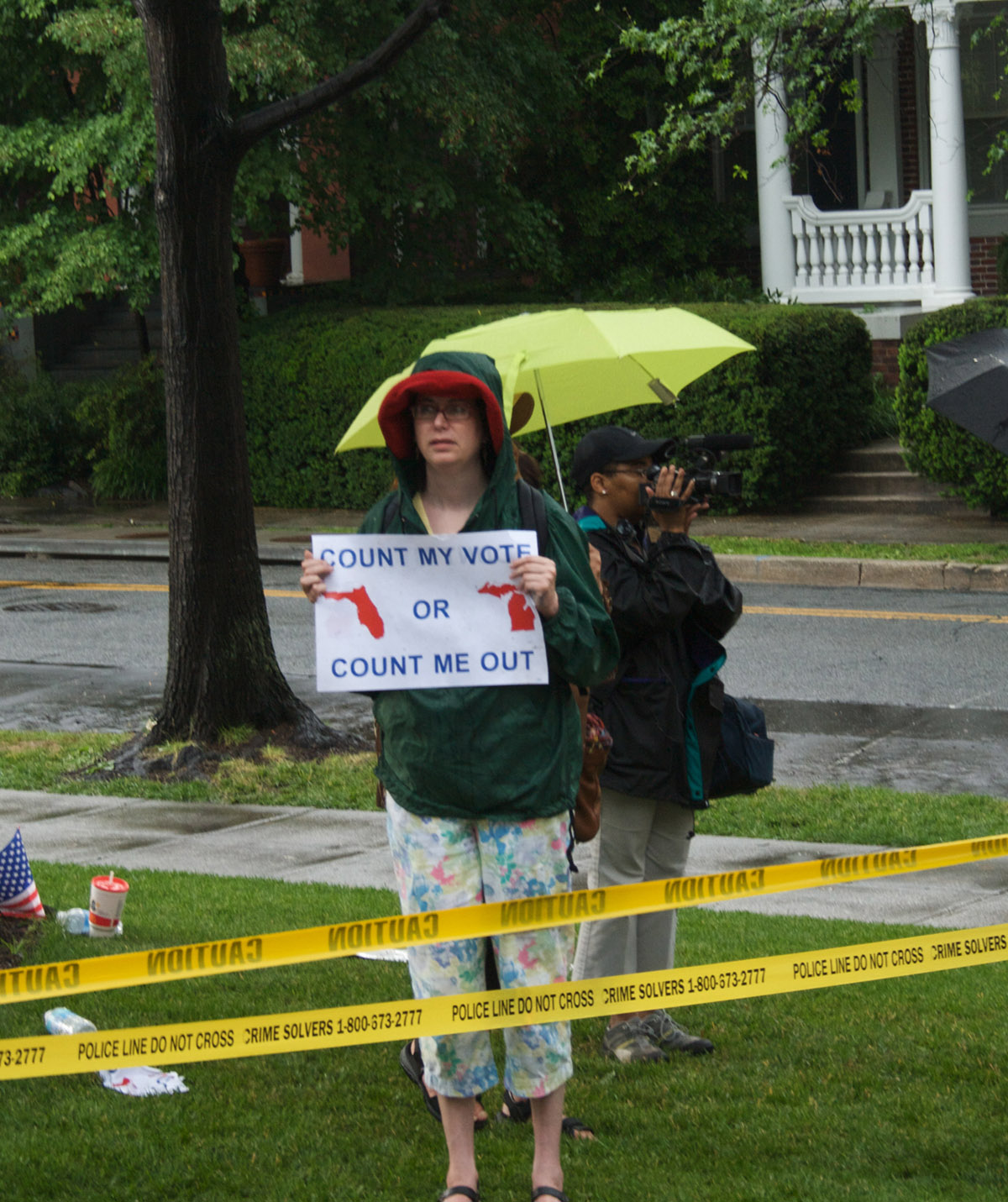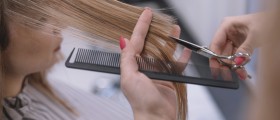
What are Hot Flashes?
Hot flashes are a common symptom of menopause. A hot flash is a sudden and intense feeling of warmth that is mainly experienced in the upper body, in the face, head and neck. A hot flash is usually accompanied by a rapid heart beat and sweating and followed by a chill. Due to a hot flash, a woman can be red-faced and bathe in sweat any time, regardless of environmental temperature. Hot flashes are most commonly caused by hormonal changes that take place in menopause. Hot flashes can also be caused by pregnancy or certain medical conditions, or may develop as a side effect of some medications. Hot flashes usually do not require treatment. However, if hot flashes interrupt your sleep and daily activities you will certainly look for ways to relieve the condition. This may include prescription medications, dietary and lifestyle changes as well as use of different natural remedies.
Tips to Relieve Hot FlashesSoy
Incorporating soy in a diet can help to relieve hot flashes as well as some other symptoms of menopause. Regular intake of soy milk and soy products such as tofu, tempeh, miso, soy powder and whole soybeans can alleviate hot flashes and offer other health benefits. On the other hand, soy supplementation should be taken cautiously until further research is done.
Black Cohosh
Black cohosh has been traditionally used for relieving hot flashes and other menopausal symptoms such as vaginal dryness, night sweats and mood swings. Although many women experience significant reduction in hot flashes with the help of black cohosh, clinical trials have not yet confirmed that the herb is effective in relieving menopausal symptoms. However, the North American Menopause Society has concluded that black cohosh is a safe herbal remedy for hot flashes.
Progesterone
Natural progesterone is also effective in reducing hot flashes and relieving other symptoms of menopause. It is available in over-the-counter and prescription cream or pill.
Vitamin EAccording to a study published in Gynecologic and Obstetric Investigation, vitamin E is effective in treatment of hot flashes. Vitamin E helps to reduce severity and occurrence of hot flashes as well as night sweats.
Exercise
Daily exercise for 30 minutes is beneficial to overall health thus may provide menopausal symptoms relief. Activities such as walking, running, riding a bicycle and others can help to reduce hot flashes. However, you must restrain from such activitieswithin 3 hours prior to going to bed in order to prevent night sweats.
Diet
Certain foods seem to trigger hot flashes. They include hot and spicy food, caffeine and alcohol. Avoid such dietary triggers to reduce hot flashes.
Hormone Replacement TherapyHormone replacement therapy (HRT) can significantly improve hot flashes. However, HRT involves estrogen replacement which is associated with several side effects. Also, hot flashes tend to recur after discontinuation of hormone replacement therapy. Therefore, before opting for HRT for hot flashes relief you should consult your doctor.

















Your thoughts on this
Loading...